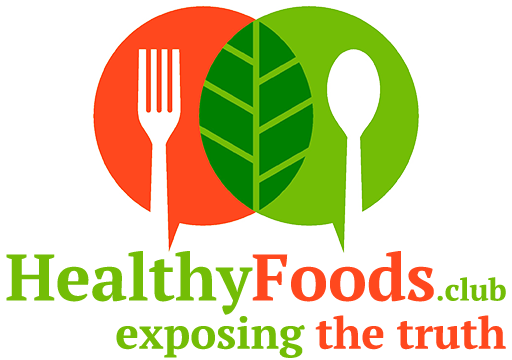We all know that for strong bones, we require two essentials – Vitamin D and Calcium. Diet plays a crucial role in bone density. But how many of us are aware that there are certain foods that help to reduce the bone density if they are taken in excess. In a nutshell, what we eat determines how strong our bones are going to be.

The disease that results from low bone density is Osteoporosis and it affects women on a very large scale. There are three factors which cause osteoporosis that includes lack of exercise, diet, and a lack of exposure to sunlight.
What are the foods that lead to decreased bone density or osteoporosis?
✱ Excess Protein Can Lower the Bone Density
Consumption of proteins is essential for bone growth, but too much protein intake is bad. How is this you may wonder, when all along you have thought that protein rich diets actually made you healthy and strong? You are consuming proteins from all the wrong types of foods. Protein from red meat causes more harm to your bones than vegetable protein.
Our body produces certain chemicals called sulfates that cause calcium to leak out from our bones and these sulfates are produced in higher numbers when you consume red meats.
The Nurses’ Health Study 11 which was conducted by Harvard Medical School and tested 116,686 women over period of ten years found that women who consumed red meat not less than five times a week were more likely to suffer from bone fractures than women who consumed red meat only once a week.
✱ Excess Caffeinated Drinks Can Lower the Bone Density
The Swedish Department of Toxicology’s National Food Administration conducted a research on 31,527 Swedish women aged between 40 and 76, who drank nothing less than 330 milligrams of caffeine or four cups of coffee daily were more prone to bone fractures.
If you are gulping down more than four cups of coffee every day, then there’s every possibility your bones are going to be brittle. This was noted as being higher on women who didn’t take calcium supplements.
The researchers however didn’t find a link between drinking teas on the other hand, didn’t seem to affect bone density, the only reason being tea had half the caffeine content normally found in coffee. Caffeinated colas also posed a greater risk among men and women, causing them to lose bone density as they age.
In colas, it’s not just the caffeine that’s present but also mineral phosphorus that’s the culprit. Kristine Cuthrell RD, research nutritionist and project coordinator, Cancer Research Center of Hawaii in Honolulu, opines that decrease in the intake of milk that provides calcium and substituting it for colas is an important reason for decrease in bone density among many adults.
✱ Excess Vitamin A Hinders Bone Density
Milk is an important food that supplies our body with the required Vitamin A and calcium that’s essential for bone growth and most of us substitute this healthy food for unhealthy fruit juices and sodas. Vitamin A, being an important constituent in bone growth, can be a bane if it taken in excess.
Vitamin A contains retinol which will hinder Vitamin D absorption by bones. The foods which are high in Vitamin A are those found in animal products like liver, egg yolks, and dairy products which will have a negative impact on bone density, while animal products that provide Vitamin A in the form of Beta carotene like green leafy vegetables, carrots and sweet potatoes are better suited to the body and aids bone density.
✱ Excess Alcohol Consumption Reduces Bone Density
People who consume alcohol in excess are more prone to reduced bone density. Alcohol impedes with the absorption of Vitamin D and Calcium, most crucial for good, strong bone growth.
The only way to avoid this problem is to reduce your intake of alcohol to one drink a day or better still become a teetotaler. Other types of foods that have a negative impact on bone density include sodium that’s found in abundance in salt, and processed foods.
Oxalates found in green leafy vegetables, Rhubarb and sweet potatoes are said to impede bone density but researchers have not found a concrete link to prove this theory. Wheat bran is the only known food that actually prevents the absorption of calcium when it is eaten along with any calcium rich food. People who are on calcium supplements should wait at least two hours before they eat foods containing wheat bran.
Stay away from diets that are low in fruits and vegetables and instead concentrate on high protein and carbohydrate intake. A condition known as mild acidosis develops slowly which leads to reduction of bone density. As you age, alter your diet to encompass more alkaline producing foods than acid foods to prevent bone loss.
Check out the foods for strong bones! The key to this problem lies in your lifestyle. Make changes in your diet and eat foods that actually promote bone growth and expose yourself to natural sunlight to allow the body to absorb Vitamin D from the sun. Eat healthy and stay healthy!


